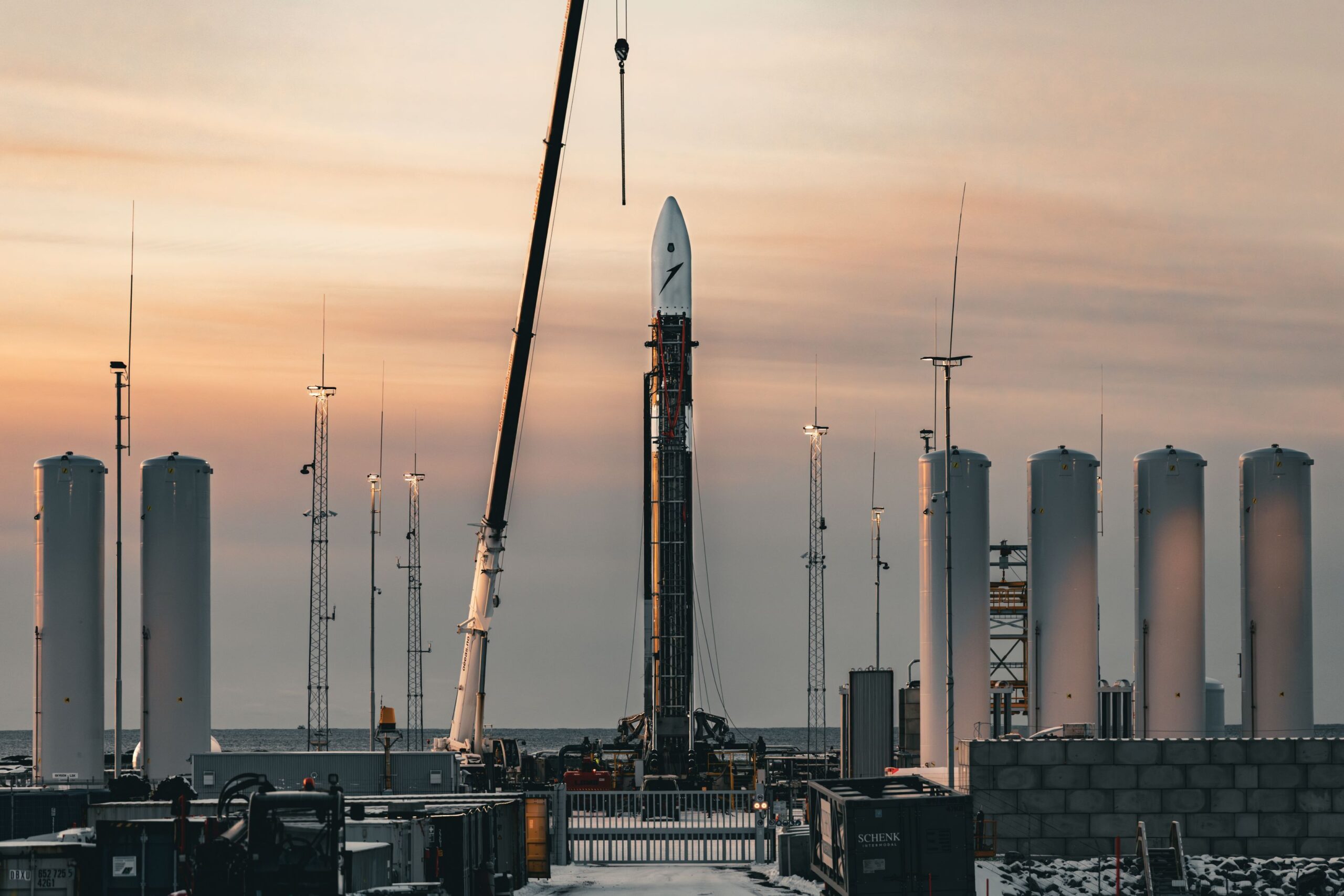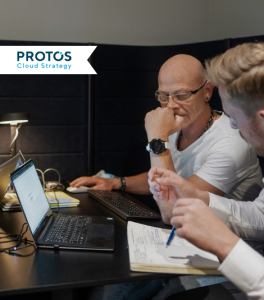
The first launch of a purely privately financed carrier rocket from Europe was expected. After the lift-off, the rocket crashed-it is still a success for the startup.
The Bavarian Space-Tech startup Isar Aerospace has completed the start of its first “Spectrum” test rocket on Sunday, March 30th. After the successful lift-off from the launchpad of the Andøya space station in Norway, the rocket did not seem to reach the intended speed and not be able to keep the intended trajectory. She started tumbling a few seconds after the start and then crashed. An explosion had to be heard, the rocket fell into the sea off the coast of Andøya.
In the run -up to the test, all of Isar Aerospace's trial runs had gone well. However, the actual rocket launch was the first test of “Spectrum”, in which all components were tested together. From the data obtained as part of the first flight, the startup now wants to gain knowledge to improve the systems.
Explosion was planned
Before the lift-off, which has now been successfully carried out, it was likely that the rocket exploded sooner or later. Before the start, Isar-territory CEO Daniel Metzler said that he saw it as a success if the rocket was flying for about 30 seconds. This goal was narrowly achieved. As hoped for, she did not explode at the start – because then the launch pad, i.e. the starting ramp, would probably have had to be renewed. And that's expensive.
The purpose of the rocket launch was primarily the error finding. While missiles were developed and built until they were considered to be error-free, Elon Musk's space company Space X has established a kind of trial-and-terror method in recent years, in which the rocket test is used to find the error. So far, this method has proven to be cheaper and more time -saving. Also because in the history of space travel it has only made one rocket on the first attempt to space: On January 16, 2025, the “New Glenn” from Blue Origin from the Cape Canaveral Space Force Station in Florida started and after 13 minutes he reached the orbit close to the Earth.
The “Spectrum 2” is already ready, as Metzler told the “Handelsblatt”. When the second start should take place is not yet clear. This also depends on how quickly the startup from Upper Bavaria will find the mistake that led to the crash of the rocket. “It may be that after 20 minutes we know exactly what was going on. But it may also be that we have to search for three months,” said Metzler in an interview with the “Handelsblatt”.
Historical event for Europe
Today's rocket launch of Isar Aerospace is considered historical because it should be the first private space flight of a European company. In the future, Isar Aerospace could gain access to space in Europe, regardless of non-European companies and locations for rocket starts. Because there are usually (including European) rockets from the ESA space station in space-it is located in the north of South America, in Kourou in French Guayana. Spectrum started for the first time in continental Europe. More precisely: in the Andøya space station in Norway. There the Isar Aerospace has an exclusive starting ramp – and thus its own infrastructure.
Space-Tech made in Europa
Europe invested $ 1.9 billion in space tech startups worldwide in 2023, with Germany leading $ 273 million ahead of France (196 million) and Great Britain (146 million). The investments mainly flow into upstream technologies (rocket construction, satellites) compared to downstream applications (earth-bound satellite data).
Several German Space Tech startups have had successes so far: The Exploration Company has received 150 million euros (largest European series B in space area) for reusable space, while Polaris successfully tested an efficient aerospike rocket engine.
A race for the first successful orbital test flight is ongoing: The Spanish PLD Space is planning its in late 2025/early 2026, the British Orbex for 2025 from Scotland. From Germany, hympulses (successful test flights in Australia with wax -powered rocket) and Rocket Factory Augsburg (RFA) compete with Isar Aerospace, with RFA suffering from an explosion during a engine test.
“Spectrum” is a so -called carrier rocket. In the future, it will bring satellites to the orbit.
Isar Aerospace was founded in 2019 by Daniel Metzler, Josef Fleischmann and Markus Brandl. Since then, the company has grown greatly – from around 20 people in April 2019 to 220 employees at the end of December 2021. Isar Aerospace currently employs more than 400 employees from the end of 2024. In addition, the startup is considered the best-financed space-tech startup in Europe.
Also read
Source: https://www.businessinsider.de/gruenderszene/technologie/absturz-nach-liftoff-deutsches-startup-isar-aerospace-startet-erste-private-orbitale-rakete-aus-europa/



